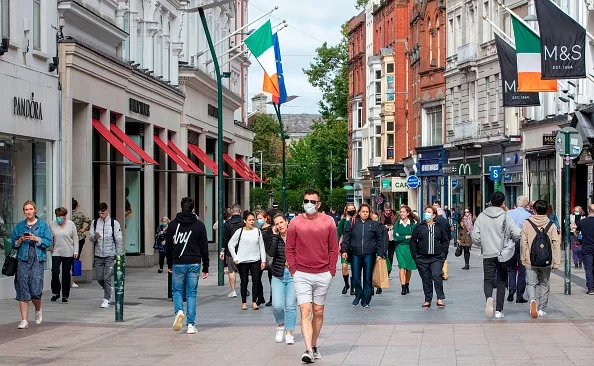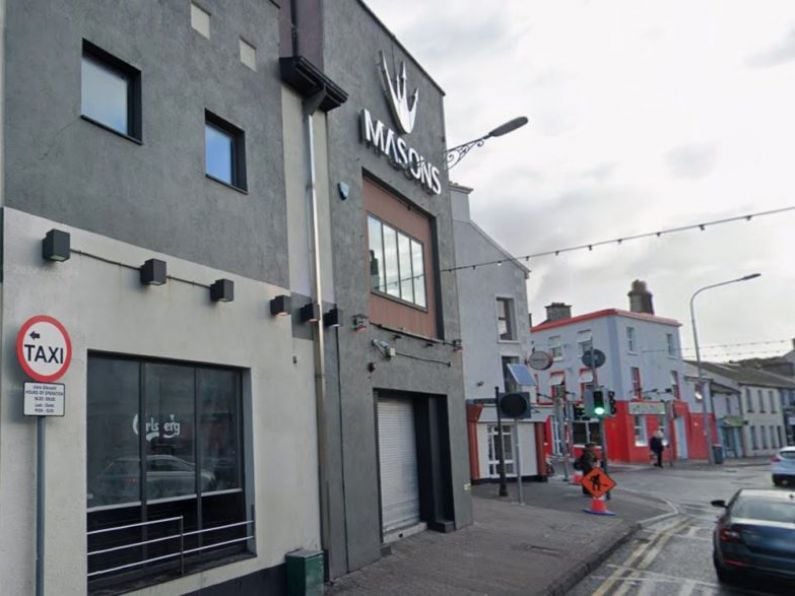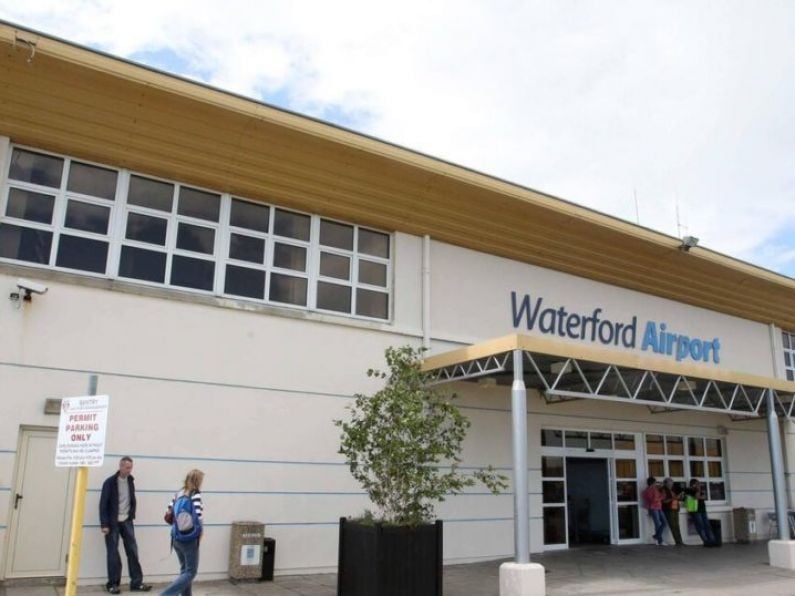By James Ward, PA
Public health bosses are not ruling out local restrictions to tackle the Indian variant of Covid-19.
In the UK, the variant has been attributed to a fresh spike in cases, with a range of measures including local lockdowns and targeted vaccination under consideration to halt the spread.
On Friday it was confirmed that 41 cases of the Indian variant, B1617.2, have been detected in Ireland.
A briefing of the National Public Health Emergency Team (Nphet) on Friday heard that he Indian variant is likely to be more transmissible than the UK variant.
Asked if outbreaks here could lead to localised restrictions, the chief medical officer Dr Tony Holohan said: “When we’ve had the need to, in the past, take specific measures against specific variants, we’ve done that.
“Some of the arrangements are in place in terms of travel are a perfect example of that.”
He added: “There has been a significant increase in community transmission in the UK.”
Chairman of Nphet’s Coronavirus Expert Advisory Group, Dr Cillian De Gascun explained that there are two strains of the Indian variant, B1617.1 and B1617.2.

(Photo by Paul Faith / AFP) (Photo by PAUL FAITH/AFP via Getty Images)
There have been 20 confirmed cases of the B1617.1 strain and 41 cases of the B1617.2 strain.
He said: “B1617.2 is the one that we’re more concerned about at the moment, based on the experience in India and in the UK.
“Indeed, the fact that it has gotten to 41 in Ireland over the last couple of weeks would be a concern for us as well.”
Hypothetical situation
He added: “I don’t think will be unreasonable to implement public health measures on a basis to allow us to seek more information, whether that’s enhance testing or enhanced contact tracing.”
However, he stressed that this is a hypothetical situation at the moment.
Meanwhile, updated advice on the vaccine rollout from the National Immunisation Advisory Council (NIAC) has been received by Nphet.
They will give consideration to the advice before making a recommendation to Health Minister Stephen Donnelly.
The advice concerns the use of the Johnson & Johnson (Janssen) and AstraZeneca vaccines for people under the age of 50.
Concerns over rare instances of blood clotting had led to a recommendation that their use be limited to people over 50.
That recommendation was problematic for the vaccine rollout, since the majority of over 50s will be vaccinated by the end of May, but the bulk of the supply of vaccines is to arrive in June.
This has led to calls for the age limits to be lowered on the vaccines.












